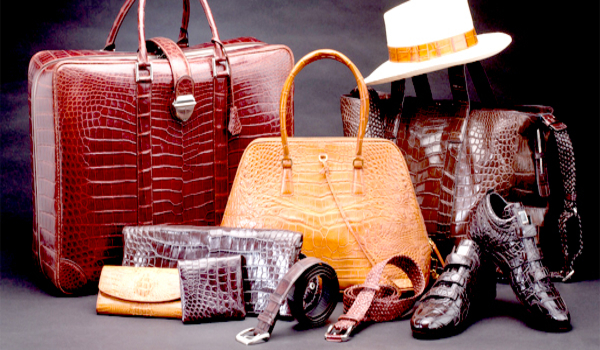EU expands sanctions against Russia banning luxury goods, others; UK slams additional 35% tariff on Russian goods
The European Union has expanded its already-long list of sanctions against Russia to heavily restrict the export of EU-made luxury goods towards the oil-rich country.
And in addition to aligning with the latest EU sanction, the UK has put an additional 35% increase on imports from Russia.
The luxury ban targets a vast catalog of products worth over €300 that includes, among other articles, clothing, footwear, leather, fashion accessories, pearls, jewelry, gold, silversmith, diamonds, suitcases, handbags, purses, wallets, wigs, skincare, perfumes, as well as works of art, antiques, cutlery, porcelain, china, and fine pottery.
Caviar, truffles, champagne, wine, vermouth, and cigars over €300 are also being banned.
Vehicles worth over €50,000 — a range often exceeded by the most sophisticated models from brands like Mercedes, Ferrari, and Porsche — and musical instruments that exceed €1,500 fall equally under the ban.
In practice, this means all the targeted EU-made products can no longer enter the Russian market.
Europe’s high-end industry is renowned around the world and accounts for over 10% of EU exports, according to the European Commission. With an estimated value of €800 billion, the sector is heavily export-oriented and sells more than 60% of its production outside the bloc.
The latest raft of sanctions was approved by EU ambassadors on Monday evening and will enter into force after their publication in the EU’s official journal.
The announcement comes as Moscow troops continue bombarding Ukrainian cities while officials engage in talks to end the weeks-long violence.
The luxury ban was first teased by EU Commission President Ursula von der Leyen at the end of a two-day informal summit in Versailles, calling it a “direct blow to the Russian elite”.
“Those who sustain Putin’s war machine should no longer be able to enjoy their lavish lifestyle while bombs fall on innocent people in Ukraine,” von der Leyen said on Friday.
The new sanctions also introduce a prohibition to conduct new investments in Russia’s energy sector and to transfer EU-made equipment and technology used for energy exploration, but there’s an exemption for nuclear energy and refined fossil fuels, like gas and oil.
Russian steel imports worth over €3.3 billion is banned from the bloc.
A number of “key oligarchs” and “propagandists” believed to be close to President Vladimir Putin, such as former Chelsea owner Roman Abramovich, have been slapped with travel bans and asset freezes.
Additionally, the 27 have agreed to deprive Russia of the most-favoured-nation status.
Under the rules of the World Trade Organization (WTO), all members grant each other this particular status, which lowers tariffs, removes trade barriers, and prevents discriminatory treatment.
The bloc has invoked a national security exception to bypass the WTO provision and is now able to impose higher tariffs on Russian goods headed to the EU single market.
The Russian Federation became a WTO member in 2012 following 18 years of negotiation.




